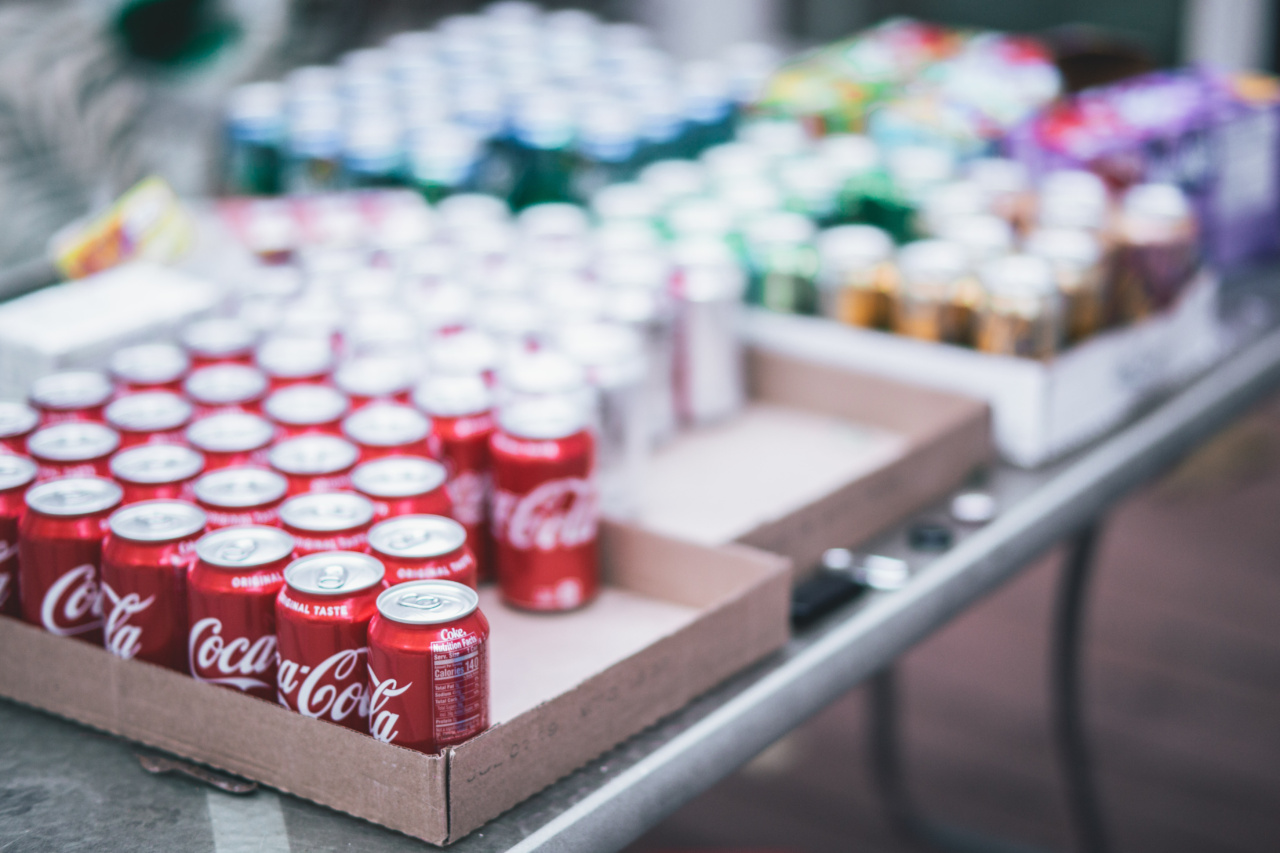Carbonation plays a crucial role in making soft drinks popular worldwide. From the fizz that tickles our noses to the refreshing taste of our favourite beverages, carbonated drinks have become a staple of modern lifestyles.
In this article, we explore the importance of carbonation in soft drinks and how it affects our sensory experiences, physical health, and the beverage industry as a whole.
What is Carbonation?
Carbonation is the process of dissolving carbon dioxide gas (CO2) in a liquid. In the context of soft drinks, CO2 gas is dissolved in water, creating bubbles of carbon dioxide gas that escape from the beverage once opened.
Carbonation gives soft drinks their signature fizz, providing a tingly and refreshing sensation in each sip.
The Sensory Experience of Carbonation
Carbonation affects our sensory experiences of soft drinks by creating distinct feelings on our taste buds and in our nose.
When we drink a carbonated beverage, the CO2 gas dissolves on the tongue and creates a sensation that is both cooling and tingling. This sensation is amplified when carbonated drinks are served cold, as CO2 is more soluble at lower temperatures.
Carbonation also creates bubbles that rise to the surface of the beverage, creating a foamy head that enhances the mouthfeel and aroma of soft drinks.
The Role of Carbonation in Physical Health
While carbonation is a hallmark of soft drinks, it also plays a role in our physical health. Carbonated drinks have long been associated with dental erosion and weight gain, largely due to their high sugar content.
However, carbonation itself is not directly linked to negative health outcomes. In fact, carbonated water has been shown to have some health benefits, including improved digestion and hydration. Additionally, some individuals find that the carbonation of soft drinks helps to soothe symptoms of indigestion and nausea.
The Science of Carbonation
The carbonation process begins with the introduction of CO2 gas into a liquid. Once in the liquid, CO2 molecules dissolve in water and react with the surrounding water molecules to form carbonic acid (H2CO3).
The carbonic acid then dissociates into hydrogen ions (H+) and bicarbonate ions (HCO3-). These reactions are reversible and are influenced by temperature, pressure, and the surrounding chemical environment.
The Manufacturing of Carbonated Beverages
The manufacturing of carbonated beverages is a complex process that involves several steps. First, a base product (such as fruit juice or a concentrate) is mixed with water and other additives (such as sugar or artificial sweeteners).
The mixture is then blended with CO2 gas under high pressure, allowing the carbonation process to occur. The resulting carbonated beverage is then bottled or canned, with a pressurized seal that prevents the CO2 gas from escaping.
The Impact of Carbonation on the Beverage Industry
Carbonation has had a significant impact on the beverage industry, especially in the production and marketing of soft drinks.
Carbonation has allowed for the creation of distinctive and memorable flavours, as well as a longer shelf life for bottled and canned drinks. Additionally, carbonation has led to innovations in packaging, such as the development of plastic bottles and can tabs that can withstand the high pressures of carbonation.
Due to its popularity, carbonation is also a significant factor in the branding and advertising of soft drinks, with many companies touting the fresh and refreshing sensations associated with carbonated beverages.
Carbonation vs Non-carbonated Drinks
While carbonation is a defining characteristic of soft drinks, many other beverage categories also exist. Non-carbonated drinks such as water, juice, and milk are popular alternatives to carbonated soft drinks.
These drinks typically lack the tingly and refreshing sensations associated with carbonation, but often have other appealing qualities such as natural flavours and lower sugar content. Additionally, non-carbonated beverages have been growing in popularity as consumers become more health-conscious and seek out alternatives to soda and other sugary drinks.
The Future of Carbonated Beverages
Carbonated beverages and the carbonation process are likely to continue to play a significant role in the beverage industry for the foreseeable future.
However, as consumers continue to prioritize health and wellness, there is likely to be increased demand for more natural and low-sugar alternatives to traditional soft drinks. Companies may also utilise new technologies and techniques to create innovative and unique carbonated beverage experiences while prioritising sustainability and environmental concerns.































